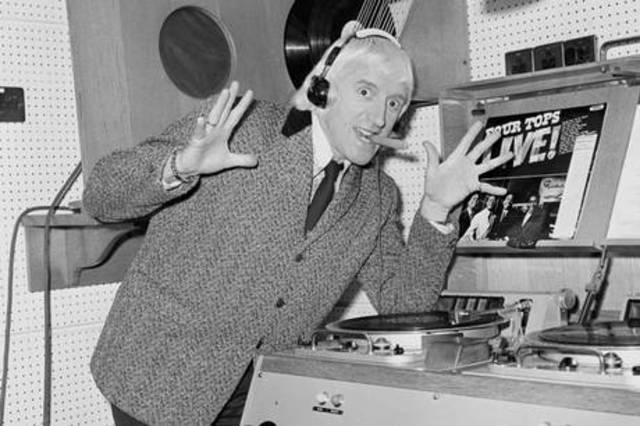Algorithm Jockeys (AJs)
PS 5/2024:
Cory Doctorow: Newer social media platforms, notably Tiktok, dispensed entirely with deterministic feeds, defaulting every user into a feed that consisted entirely of algorithmic picks; the people you follow on these platforms are treated as mere suggestions by their algorithms. This is a perfect breeding-ground for enshittification: different parts of the business can twiddle the knobs to override the algorithm for their own parochial purposes, shifting the quality:shit ratio by unnoticeable increments, temporarily toggling the quality knob when your engagement drops off:
https://www.forbes.com/sites/emilybaker-white/2023/01/20/tiktoks-secret-heating-button-can-make-anyone-go-viral/
***
Algorithms can be a continuous train to nowhere: Say you're sitting on a train, looking out the window and you see some interesting architecture. It then starts to feed you ideas on where you could go. I suppose that's an interesting idea if you haven't been to a place. But if you couldn't get off at your stop, it would take you to other stops just because you briefly thought about them before. That's what I think algorithms actually do--they're just kind of driving us around to places where we've had just a passing interest.
In the future when many may wear "corrective" AR glasses (whatever happened to Google Glass?) they will be able to detect what you're looking at and log the geolocations. As a photographer, I would find this interesting in the scouting of photos. Many times I'll see things that I want to capture later with an SLR--sometimes how a particular shadow falls at certain times of the day or time of the year. But on the other hand, all ideas about technological conveniences are what led us to the current dystopia, so all roads (and rails) actually lead back to discussions about the dark sides of new technology. But we still fail to have them, most likely because we're being led down rabbit holes.
In my short story Reset set in the mid 2040s, there are AJs (Algorithm Jockeys) as the new DJ. When most young people opt to get implants as a kind of fashion accessory, they go to clubs to let the AJs create flocking and swarming effects, "reinforcing" the mood in the room.
May 2046:
"AJ Spooky is performing as the first act for pre-ritual festivities and throughout the ceremony. He uses predictive analysis to take the social temperature of the room and the playlists react accordingly. The audience typically knows this is happening, and can control the music to some degree by "swarming the mood" by making their own fast counter-predictions, or intentionally shutting down their own sensors. The AJ can override this by changing the ultrasonic arrays in the area, resulting in a constant give-and-take between artist and audience."
Dialog between Ramona and Neone, also in 2046:
Ramona
My father always said he was envious of my great-grandfather who thrived in the zeitgeist of the early web...the "Brand New Day", as Sting used to say.
Neone
Actually it was that shift in the YouTube algorithm in 2016 which started the radicalization.
Ramona
What a difference 30 years makes.
Neone
Generational cycles.
[10/16/2024: Someone had recently asked how streaming services count views or plays. This speaks to transparency of algorithms in general. The public has a right to see how the sausage is made, but as with food labeling, it’s always been legislated in such a way that it doesn’t interfere with commerce. You love Italian sausage so you’re not willing to look at the reason why you might not.]


Comments